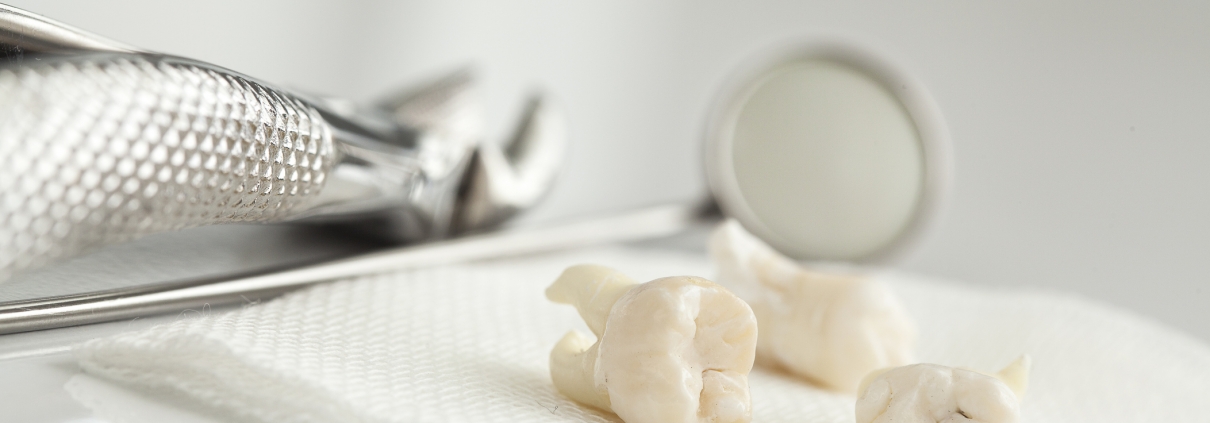Wisdom Tooth Removal
Wisdom teeth, also known as third molars, are the last set of teeth to emerge in the mouth, usually in the late teenage years or early twenties. While some people experience no issues with their wisdom teeth, many individuals face complications that require their removal.
Why Remove Wisdom Teeth?
Wisdom teeth can cause various dental problems due to their late eruption, misalignment, or lack of space in the jaw. These issues can lead to pain, infections, and damage to adjacent teeth. Here are some common reasons why wisdom tooth removal is often recommended:
Impacted Wisdom Teeth: When a wisdom tooth doesn’t have enough space to grow normally, it becomes impacted. This can cause pain, infection, and even cyst formation.
Crowding: Wisdom teeth can exert pressure on existing teeth, leading to crowding and misalignment.
Tooth Decay and Gum Disease: The location of wisdom teeth at the back of the mouth makes them difficult to clean properly, increasing the risk of tooth decay and gum disease.
Cyst Formation: In some cases, a sac filled with fluid can develop around the impacted wisdom tooth, leading to the formation of a cyst. This can damage the surrounding bone and teeth.
The Wisdom Tooth Removal Procedure:
Wisdom tooth extraction is a common dental procedure that can be performed by a general dentist or an oral surgeon. Here’s what you can expect during the process.
Initial Consultation: Your dentist will examine your mouth, take X-rays, and assess the condition of your wisdom teeth. They will discuss the best course of action and answer any questions or concerns you may have.
Anesthesia: Before the extraction, local anesthesia will be administered to numb the area around the tooth. In some cases, general anesthesia may be used, especially if multiple wisdom teeth are being removed or if the procedure is complex.
Extraction: The dentist will make an incision in the gum tissue to access the tooth. If the tooth is impacted, it may need to be removed in sections. Once the tooth is extracted, the dentist will clean the area and stitch up the incision if necessary.
Recovery: After the procedure, you will be given instructions on how to care for the extraction site. It’s common to experience some swelling, discomfort, and mild bleeding. Your dentist may prescribe pain medication and suggest using ice packs to reduce swelling. It’s crucial to follow proper oral hygiene practices and avoid strenuous activities during the healing process.
Tips for a Smooth Recovery:
To ensure a smooth recovery after wisdom tooth removal, follow these helpful tips.
Follow Post-Operative Instructions: Carefully adhere to your dentist’s post-operative instructions regarding pain medication, ice packs, and oral hygiene practices.
Maintain a Soft Diet: Stick to soft foods like yogurt, mashed potatoes, and soup during the initial days after the extraction. Avoid hard or chewy foods that can irritate the extraction site.
Avoid Smoking and Alcohol: Smoking and alcohol consumption can delay the healing process and increase the risk of complications. It’s best to avoid them during your recovery period.
Keep the Extraction Site Clean: Gently rinse your mouth with warm saltwater after meals to keep the extraction site clean and prevent infection.
Attend Follow-Up Appointments: Schedule and attend any follow-up appointments with your dentist to ensure that your healing progress is monitored effectively.
Wisdom tooth removal is a common dental procedure aimed at preventing potential complications and promoting oral health.

